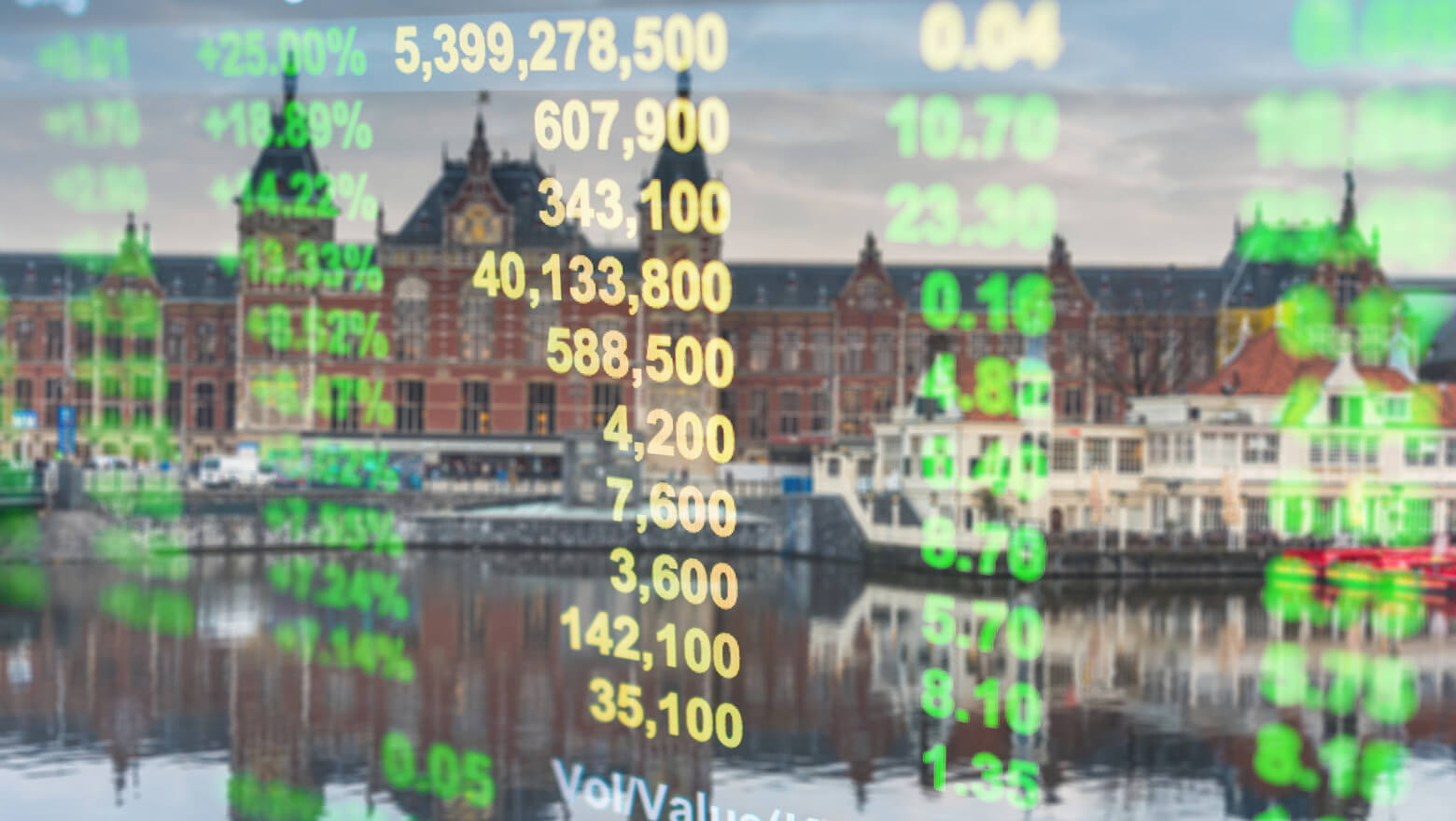
Ever wondered how the bustling, dynamic world of stock trading came into existence? My fascination with this financial phenomenon began years ago when I first dipped my toes into investing. The story of who developed the stock market isn’t just about numbers; it’s a riveting tale of innovation and evolution that has shaped economies worldwide.
Key Takeaways
- Historical Foundations: The development of stock markets began in Europe, with the Antwerp trading hub in 1531 setting the stage for formal exchanges and corporate financing through share issuance by companies like the British East India Company.
- Establishment of Formal Exchanges: The London Stock Exchange was officially founded on 3 March 1801, transitioning from informal trading at coffee houses to a structured market environment, which greatly enhanced market efficiency and transparency.
- Expansion of Global Influence: The New York Stock Exchange started with the Buttonwood Agreement in 1792 and grew significantly throughout the 19th century, introducing standardized trade mechanisms that attracted international investors.
- Key Contributors: Influential figures such as the Rothschild family and J.P. Morgan played crucial roles in shaping global finance and stabilising financial systems during crises, contributing to industrial growth through strategic investments.
- Technological Evolution: The introduction of electronic trading revolutionised stock markets by speeding up transactions and increasing accessibility, allowing traders to operate globally and enhancing market efficiency.
- Impact of Globalisation: Globalisation has broadened investor opportunities by diversifying portfolios across various global markets, illustrating how interconnected economic events can influence individual investments worldwide.
Early Origins of Trading Stocks
Exploring the roots of stock trading takes us back to Europe in the 15th century, a time ripe with financial innovation.
The Antwerp Stock Exchange in 1531
Antwerp wasn’t home to a formal stock exchange in 1531, but it was a bustling hub for trade and finance. By this year, Antwerp had become crucial in international commerce, setting the stage for future financial structures. I find it fascinating that even without an official stock exchange, Antwerp’s influence on global trade was profound.
The British East India Company: Issuing Shares
The Dutch East India Company often steals the spotlight as the first company to issue shares. However, its British counterpart also played a significant role by issuing shares to fund their voyages. This move not only financed their expansive maritime ventures but also laid groundwork for modern corporate financing. It’s thrilling to see how these early decisions influenced today’s economic landscapes.
The Founding of the London Stock Exchange
The formal establishment of the London Stock Exchange (LSE) in 1801 marked a pivotal moment in financial history.
Formalisation of Stock Trading in 1801
On 3 March 1801, the LSE was officially founded. This event signified the transition from informal trading at coffee houses to a structured market environment. It set a precedent for regulated trading and provided a reliable venue for investors and companies alike. This move vastly improved market efficiency and transparency.
Impact on the Financial World
The creation of the LSE revolutionised how businesses raised capital and how individuals invested their wealth. It facilitated easier access to funds for companies, boosting economic growth and innovation. For traders like me, it meant more opportunities to invest in a variety of enterprises, enhancing our ability to grow personal wealth through diversified portfolios.
The Rise of the New York Stock Exchange
Foundational Years in the Late 18th Century
The Buttonwood Agreement, signed in 1792 under a Wall Street tree, marked the NYSE’s inception. This pact among 24 brokers created trading rules that shaped early stock market operations. I find it fascinating how this simple agreement under a buttonwood tree laid such a robust foundation for future financial exchanges.
Expansion and Global Influence in the 19th Century
Throughout the 1800s, NYSE grew from a local marketplace to a dominant global exchange. It introduced standardized mechanisms for trade, attracting international investors. The transformation was remarkable; it turned into an institution where vast wealth was generated and exchanged. Witnessing its evolution reaffirms my belief in the power of structured finance to reshape economies worldwide.
Key Figures in the Development of the Stock Market
The Rothschild Family’s Contributions
The Rothschild family pioneered international finance, significantly impacting stock markets. They established banks across Europe, funding governments and major projects. Their network facilitated unprecedented capital flows, boosting global trade and investment.
J.P. Morgan and Financial Stabilisation
J.P. Morgan played a pivotal role in stabilising the U.S. financial system during crises. His interventions prevented bank failures and restored confidence in American markets. He also founded General Electric and U.S. Steel, shaping industrial growth through strategic investments.
Modern Stock Markets and Technological Advances
The evolution of stock markets has been profoundly shaped by technology, enhancing both access and efficiency.
Introduction of Electronic Trading
Electronic trading transformed the stock market. I remember my amazement when trades, once shouted across crowded floors, moved to silent, rapid digital exchanges. This shift not only sped up transactions but also increased market accessibility. It’s fascinating how technology bridged geographical divides, allowing me to trade stocks from anywhere in the world.
The Role of Globalisation in Stocks
Globalisation expanded market reach and diversity. Witnessing companies from various countries list on exchanges like NYSE and LSE was exhilarating. It offered investors like me a broader spectrum of investment opportunities. The interconnectedness of global economies now means that events anywhere can affect my portfolio here, highlighting the intricate web woven by globalisation in the stock markets.
Conclusion: Reflecting on the Impact of Early Stock Market Development
Tracing the evolution of stock markets from their early days in Antwerp to the establishment of major exchanges like the LSE and NYSE reveals a fascinating journey. It’s clear that these developments weren’t just about finance; they were pivotal in shaping modern economies and societies. The roles played by key figures and entities, from maritime companies to influential financiers like the Rothschilds and J.P. Morgan, underscored a transformative era in economic history.
The shift towards formal exchanges significantly enhanced market efficiency transparency and access to capital which in turn spurred innovation and growth across continents. As we look at today’s globalised financial landscape with technology at its core it’s evident how foundational those early days were. They set the stage for a world where economic opportunities are vast yet interconnected presenting both challenges and immense potential for investors worldwide.






